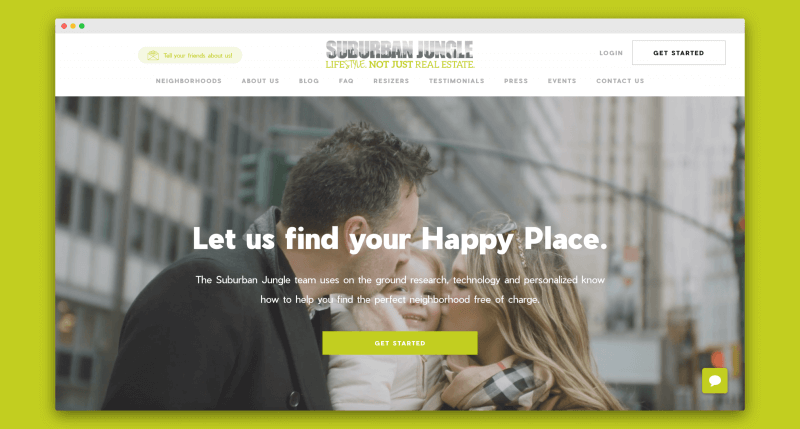This is a case study about how two recent college graduates followed the ideal process of launching a startup (called Paytronage) and worked their way to getting acquired within just 9 months of launch.
Zach and Connor met when they took an Entrepreneurship course at Wharton at the University of Pennsylvania. As part of the course, the students were required to form a team, develop a business idea, and create a well-researched business plan.
Zach and Connor looked to their own experiences as students and those of their friends to uncover that they were both passionate about tackling the problem of student debt in the United States. They researched solutions and found themselves attracted towards the idea of Income-Share Agreements (ISAs) as a potential, better alternative to students taking on monumental amounts of debt.
They spent the entire semester researching and creating potential business plans for the idea, spoke to dozens of professors and advisors within the Wharton pedagogy. They also spoke to students about the problems they were facing with student debt and how potential alternatives would need to work. And this was the start of Paytronage.
After they graduated, they realized they were still passionate about the idea and spoke to one of their advisors who connected them to our founder here at Reliable Bits. They needed to talk to someone with heavy technical expertise and business acumen to translate their idea into a product. And they had found an ideal CTO in us. And
We had several sessions with them to understand the problems with the current student debt solutions and how their idea was substantially better at solving the need for funding education. We then designed a website and platform around their solution including actual customer flows and wireframes.
In a few weeks we had UX and UI designs that we were comfortable with as a team. Zach and Connor began showing these designs to dozens of students who might be potential users of the platform. So to find these students, the founders went back to their alma matter. They enlisted the help of a couple professors who connected them to student group organizations to help find and interview students from the larger student body.
The founders took 2-3 weeks to conduct dozens of user interviews by showing them the designs and gathering feedback. This also allowed them to shortlist the most excited potential users for beta testing the platform and having as product ambassadors when it does become ready.
We then updated the designs based on the feedback and started off with developing the platform.
One of the first things we built up was the main website where the founders could start posting content, articles, more info about their solution and market the site to build a list of potential users.
This was crucial and came in extremely handy when the platform was ready three months later because the team had consistently been conversing with these potential users over that time and getting them excited about the solution. These users became the early adopters of Paytronage.
While we were building the platform, the founders spent day and night creating content, creating a brand, sharing and connecting with students, and building a following of students who had faced the problems they were solving.
Zach and Connor also worked on connecting with strategic advisors, press contacts, and folks who could connect them to specific people who were interested in the philosophy of ISAs. This network would prove useful in connecting them to the company who would eventually acquire them.
The founders also set aside time each day to thoroughly test the product development updates that had been coded each day, and meticulously reported issues, bugs, and other feedback to help their development team move quicker.
Three months later, the Paytronage team held a launch event that had sold out weeks in advance and introduced the platform to an over-packed event center full of students, potential investors, advisors, and press.
Over the next few months they continued the rally online and offline at school campuses. Their steadily growing metrics caught the attention of Lumni, a global player in ISAs that was looking to get into the US market. The teams met several times to review the founders, the opportunity, their approach, and the tech. Lumni made an offer that would provide Paytronage with resources that would typically take years to establish and since they shared the same passion for alternate education financing, it made sense to join forces and do it together.
Here are the things Paytronage did right:
- Researched the market thoroughly and made a business plan
- Spoke to hundreds of potential users to find out what’s wrong with existing solutions and crafted their solution to be better than everything else in the market.
- Designed their vision with a dedicated, experienced team of product and technology experts
- Showed the designs to dozens of potential users to gather feedback and form an early list of users
- Incorporated feedback which made most sense, set priorities for what to launch with first, and started development with an experienced team instead of spending money hiring full-time employees in-house.
- Because they knew their strengths, they decided to focus on marketing and growing potential users, investors, advisors, and press while the product was being developed.
- Launched to an already excited, vested group.
- Continued to use that momentum to grow userbase and cater to the needs and feedback received from their early users because they realized how crucial it is that these early users fall in love with the solution.








Leave a Reply